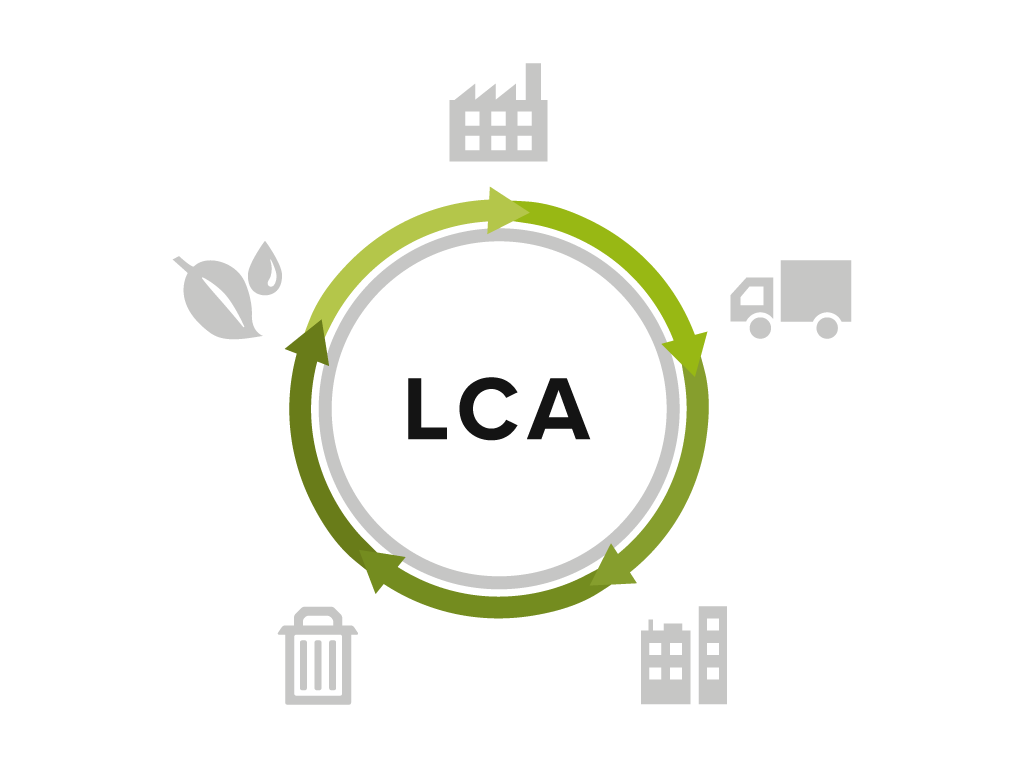the goals: identify, trace, manage
The 4sustainability® MATERIALS protocol is created to support the companies in the fashion supply chain in the upstream definition of priority actions, in the informed procurement of sustainable raw materials, in the gathering and management of data for calculating the percentage substituted of the total amount of raw materials used in the production cycle.
not just certifications: the 4sustainability Library
We help businesses to find their way through the jungle of environmental labels and brands created to guarantee the material sustainability by selecting the most credible and appropriate – FSC, GOTS, GRS, RWS – and also providing support in the certification process.
An important added value of the protocol is the Library of sustainable alternatives, a list of the most accredited raw materials on the market due their sustainability content.
the release: a performance report
The long-term benefit of adopting the 4s MATERIALS protocol is a personalised mapping, raw material by raw material, of the sustainable alternatives. These are patented products that are already on the market, global initiatives to participate in or certifications to add to those already acquired in order to reinforce commitment and improve reputation. The initiatives set in motion following the initial mapping will allow for the annual reporting on the important KPIs in terms of raw materials.

product footprint: the LCA calculation
Among the key initiatives of the protocol, the LCA (Life Cycle Assessment) study of the product footprint takes into consideration relevant parameters such as water, energy, waste. Through the LCA methodology, Process Factory supports companies in the voluntary calculation of the product impact as well as in the process for obtaining certifications referring to international standards such as EPD – Environmental Product Declaration and PEF – Product Environmental Footprint.
The importance of sustainable raw materials for the fashion industry
Sustainable raw materials are essential for concrete change in the fashion system. Indeed, the industry’s environmental impact can be traced to polluting production processes and the use of nonrenewable materials, among other things. Companies are seeking viable solutions, such as the use of recycled, organic, natural and biodegradable materials. These alternatives help reduce waste and pollution consistently with the principles of the circular economy. Companies can do their part by choosing sustainable – or more sustainable – raw materials and adopting responsible production practices.

